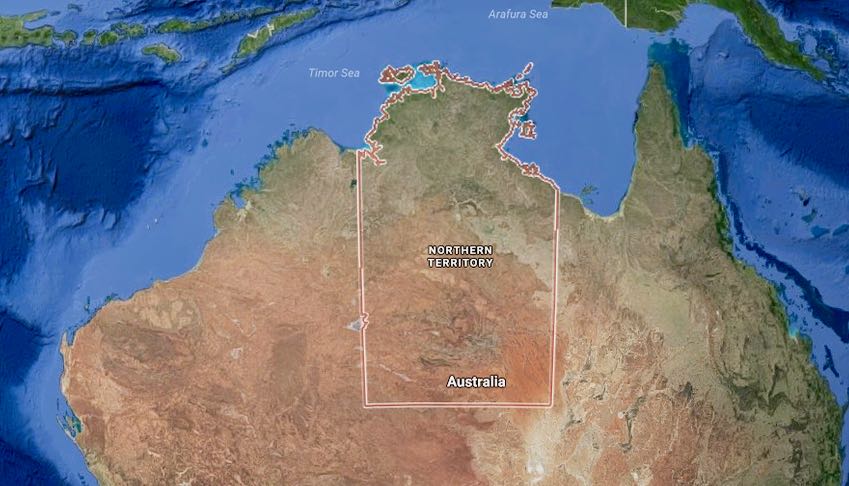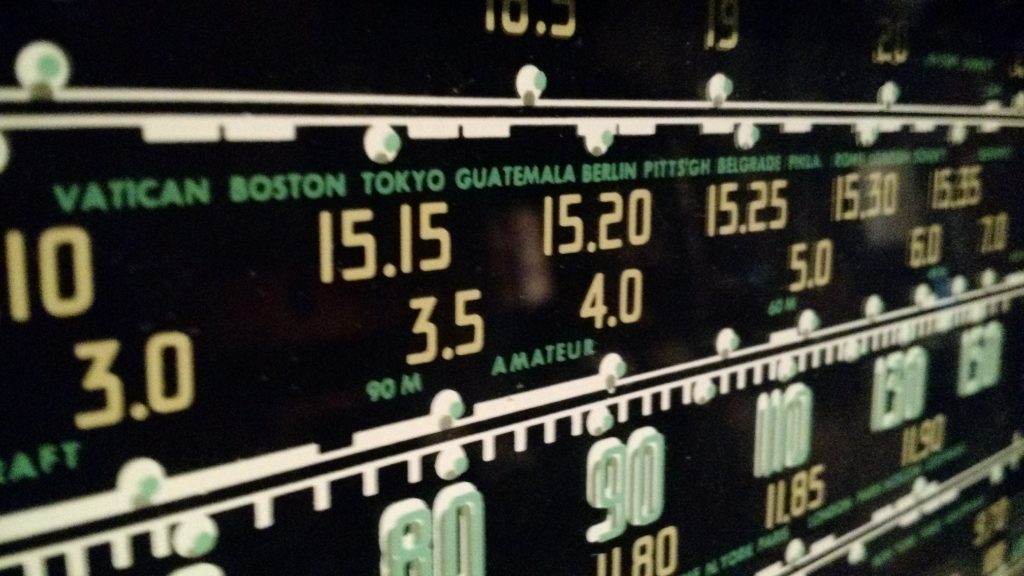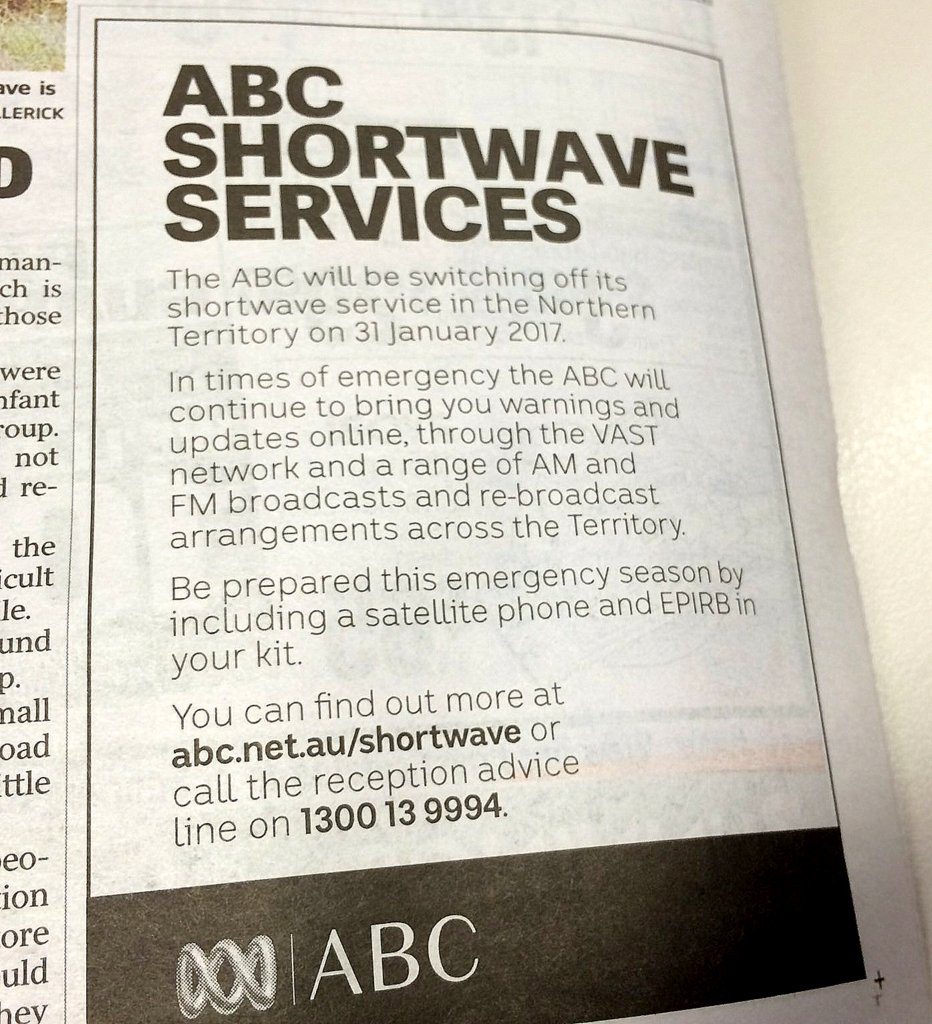
Many thanks to SWLing Post contributors Phil Brennan and London Shortwave for sharing the following story from The Guardian (my comments follow):
‘It’s essential’: outback workers fight ABC decision to ditch shortwave radio
For some living and working in Australia’s outback, shortwave radio is the only way they can listen to the ABC – and their main daily contact with the rest of the world. But the ABC will end the service in two weeks
“People that live out in contracting camps or mustering stock camps or outstations, and even a lot of the people who live in the bush on cattle stations, spend probably 100% of their waking hours out on the land and have very minimal contact with other human beings,” says Tracey Hayes, the chief executive of the Northern Territory Cattlemen’s Association.
“You can imagine how isolating that would be without having access to the outside world via radio during the day while you’re out in the workplace. But I don’t think they took that into consideration.”
Hayes is referring to a recent announcement by the ABC that, at the end of January, it would terminate its shortwave radio service, which broadcasts to the NT, Papua New Guinea and some parts of the Pacific region.
[…]For some people living and working in the outback, shortwave is the only way they can listen to the ABC.
AM and FM bands don’t have the geographic reach across the sparsely populated territory and online streaming and Vast satellite radio is largely only available at home, close to the required infrastructure.
But as essential as the service’s supporters say it is, they are few in number. And so the ABC decided in early December it would reinvest the $1.2m into bringing digital radio to Darwin and Hobart.
Hayes has spent her life on cattle stations. She suggests the ABC decision-makers on the east coast have little understanding of the isolation of outback living and how big a role the ABC can play in people’s mental and emotional wellbeing.
“It’s essential, to keep feeling mentally stimulated and feeling like you’re in touch with the world and the rest of the community, to listen to our national broadcaster,” she says, and accuses the ABC of “loftiness” in dismissing their reliance on shortwave.
Michael Mason, the ABC’s director of radio, said in December the broadcaster would service the “limited audience” of shortwave radio “through modern technology” instead.
Hayes says that technology is of little help to people who aren’t in an office or home, and she questions the fairness of the ABC sacrificing their only remote mobile service in order to give city-dwellers yet another way of tuning in.
“When I live in Darwin I enjoy listening to the radio via the broadcast app, I can hear it in my car, we don’t really need another one,” she says.
“I’d certainly like to see the provision of resources go to people to people who are already disadvantaged.”
[…]The ABC has largely dismissed the backlash, with the managing director, Michelle Guthrie, claiming just a handful of complaints had been made and many of them were from ham radio enthusiasts.
[…]ABC local radio is the official national emergency broadcaster and all Australians are instructed to tune in during events such as bushfires, floods and cyclones. Ranger services told the ABC’s Country Hour they relied on it during long remote trips, rather than secondhand reports over HF radio.
But the ABC has sought to reassure people emergency alerts and weather updates can still be heard, via the Bureau of Meteorology and the rural flying doctors service’s HF broadcasts. It’s also urged people to tune into VHF radio, primarily used by mariners.
“It’s not just about picking up the weather, it’s about picking up a lot more than that,” says Jay Mohr-Bell, a cattle station manager 100km southwest of Katherine.
“They’re discounting the value of everything else that’s being picked up – even just a bit of local news. You listen to a show like the Country Hour and it’s info you wouldn’t get anywhere else.”
Mohr-Bell claims he and others in the Katherine region approached the ABC a few years ago about moving local radio to the AM band so they could pick it up more often. He says the ABC refused at the time, specifically citing the shortwave service as a reason it was unnecessary.
“It just goes to show it’s a decision that was made and they don’t care about the consequences and it’s done and dusted,” he says.
[…]“You should be left in no doubt that the ABC has failed to adequately or properly assess the needs of Territorians who see shortwave as their only option.”
Mohr notes there are lower level ABC staff, including rural reporters, who understand the importance of the service, but there’s nothing they can do. It’s the final nail in the coffin for him.
“Once they shut this down for us out here, we’ve got no relevance with the ABC. We won’t be continuing to support them at all.”
The ABC did not respond to questions.
Click here to read the full story on The Guardian.
The closure of the Northern Territory shortwave service reminds me very much of Radio Canada International’s closure in 2012. With the number of other quality international broadcasters on shortwave (The BBC, DW, Radio Australia, RFI, Radio Japan, etc.) and with the cuts to RCI’s programming from previous years, in comparison RCI wasn’t a big a player on the international scene.
However, the CBC North Quebec Service–which was relayed from the RCI Sackville site on 9,625 kHz shortwave–covered a vast broadcast footprint into the northern reaches of Canada. The North Quebec relay could be heard in remote First Nations communities scattered across Labrador, Quebec, Nunavut, Iqaluit, and even into the Northwest Territories. Many of these communities are only accessible by air or sea. The CBC replaced the service with FM relays, but of course the reach of an FM site in no way compares to that of a shortwave service.
Fortunately, some remote communities in Labrador and possibly further west can still receive the CKZN shortwave relay from St. John’s Newfoundland. At 1,000 watts of power, however, it has a less reliable reach than the North Quebec Service did for so many decades.
It’s easy to turn a blind eye to communities with which you simply have no connection. I would never fault a commercial broadcaster from pulling the plug when they have no viable audience to cover the costs of sponsoring their content.
When you have a public broadcaster like the ABC–which is funded in part by taxpayers from remote, rural communities–I believe the needs of the full audience must be taken into consideration and must be taken…well…seriously.
The ABC should revisit their published Diversity and Inclusion statement which specifically points out providing quality, diverse content in audience-accessible forms.
1.2 million dollars–while a lot of money to most of us–is a drop in the bucket when compared with other items in the Australian budget.
In reality? It sounds like the ABC isn’t even prepared to acknowledge the needs of their rural audiences, let alone address them.








